Lillian Ngoyi, known as the Mother of the Black Resistance in South Africa (9/25/11 – d. 3/13/1980) was 69 when she died of heart failure in her two-room house in Mzimhlophe, a section of Soweto. She had been banned under South Africa’s apartheid laws for 15 years when her obituary appeared in the newspaper. The obituary was the first time her name would legally be allowed in print as the apartheid ban meant that no one could print anything about Lillian or quote her publicly without being in violation of the banning law against her in South Africa at the time.
 |
| Lillian as machinist in clothing factory. |
Soon, we find Lillian in Johannesburg where she and her enlisted friends go into a “Whites Only” section of the Rissik Street Post Office. They were immediately told to move to the non-white section. They refused. In fact, they had to refuse. The “Whites Only” section was the only section that allowed for sending a telegram to the prime minister. Their goal was to send a telegram to the prime minister. They were soon arrested by police for resisting. Once outside the post office, they were met by a cheering crowd. After five court appearances, the charges were dropped. As the president of FAW and ANCWL, however, Lillian was under the constant eye of the policing authorities in South Africa.
By 1966, Lillian Ngoyi was elected, together with Dora Tamana of Cape Town, to represent the FAW at a conference of the Womens’ International Democratic Federation in Switzerland. Both of the ladies knew they would never receive exit visas from the South African government. A lack of visa would not stop them. They were captured as stow-away on a ship headed to Cape Town to catch a plane that would take them to Switzerland. After being released by the police, they traveled to Johannesburg and received the help of Nelson Mandela and Oliver Tambo to board a plane to England.
 |
| Lillian Ngoyi, first woman elected to an ANC executive committee. |

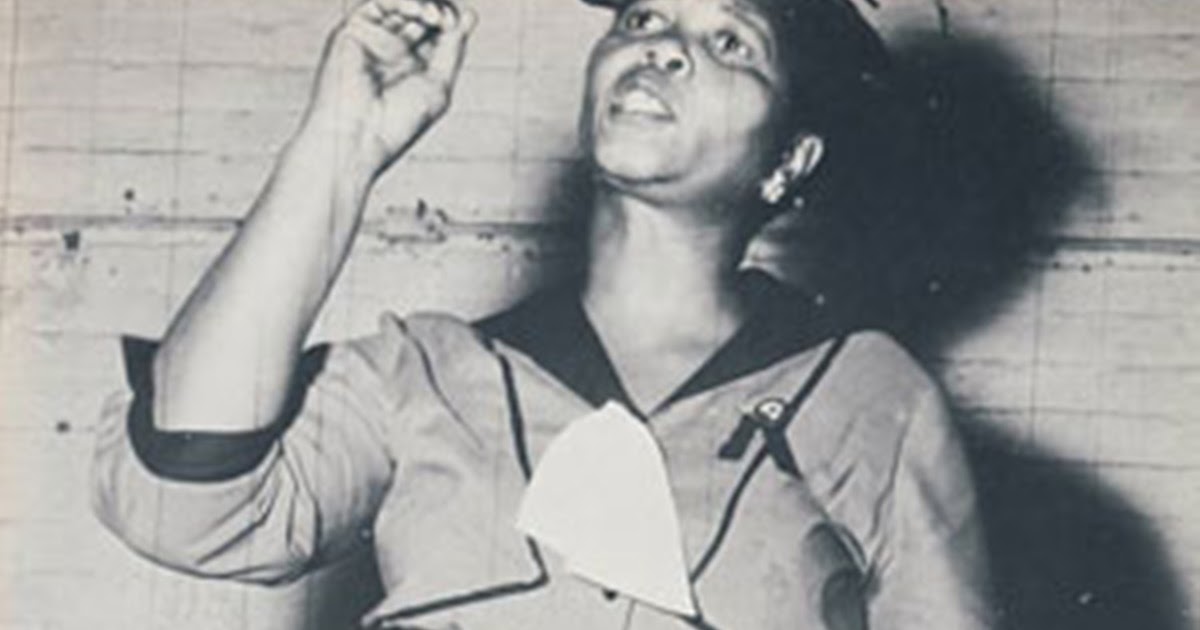










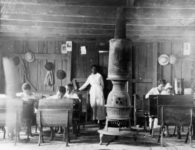
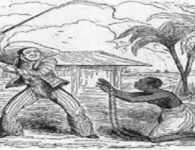
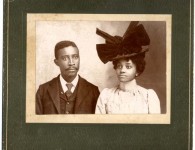

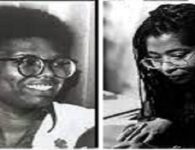
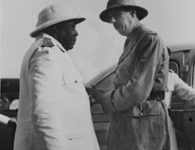



No comments